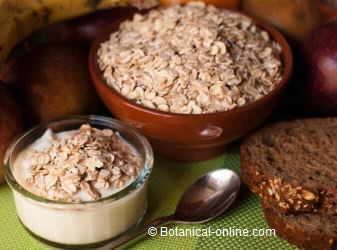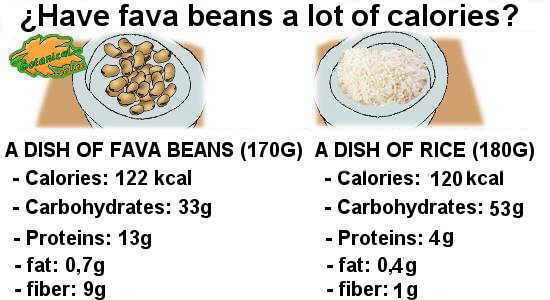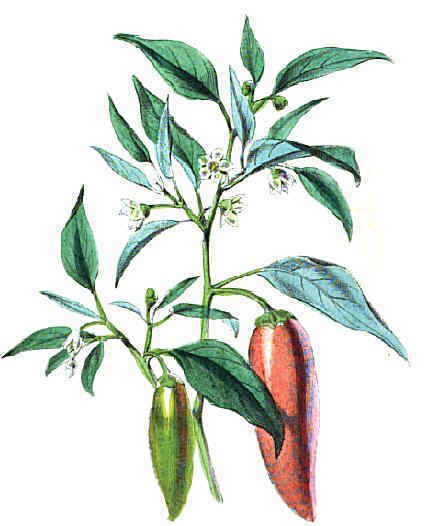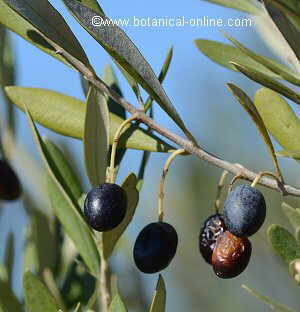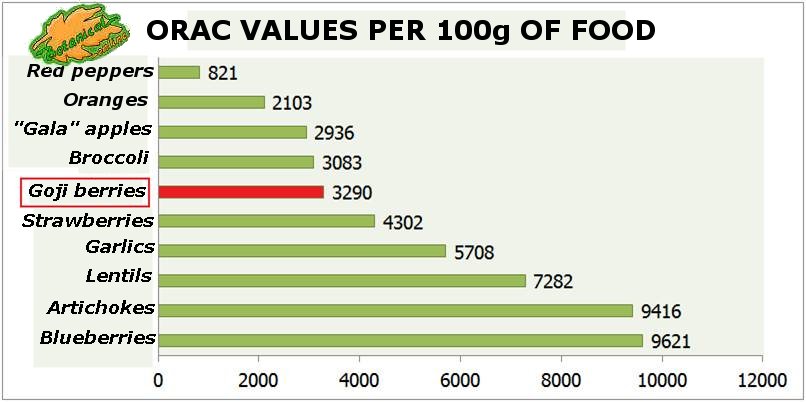Contents
OXALATES CHARACTERISTICS
What are oxalates?
Oxalates (calcium and magnesium oxalate) are produced when combining plant sodium oxalate with calcium and magnesium in the body.
They are toxic to the kidneys, because they form oxalic acid crystals that do not dissolve and can be precipitated in many parts of the body including the brain.
- Oxalates can cause damage to the kidneys, arteries, stomach, etc.
What are oxalates effects on human body?
When eaten in large amounts, they quickly produce a state of unrest marked by the corrosiveness of the acid on the mucous membranes (The oxalic acid properties are used by the chemical industry as a bleaching agent and to remove metal oxide)
The main symptoms of oxalates are:
- Sore mouth
- Sore throat
- Stomach ache
- Thirst
- Vomiting
- Diarrhea,
- Breathing problems
- Seizures
- if the amount ingested is high enough, cardiac arrest.
Oxalates also inhibit the absorption of certain minerals such as magnesium.
Main properties of oxalates:
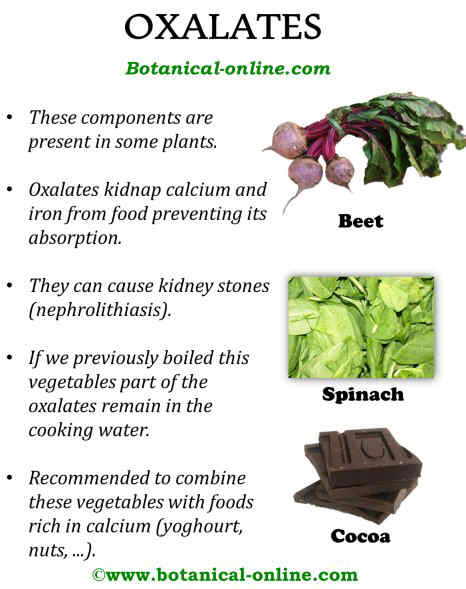
OXALATES IN FOOD
Where oxalates can be found?
There are some plants, like rhubarb (Rheum officinale), with a 40% of oxalate content. Among the plants that have this component we can point out sorrels (Oxalis spp.), whose scientific name in Latin means “sour” because of its flavor.
They are edible, though, because it contains oxalates, should be eaten with caution to avoid deleterious effects mentioned above.
Other plants with high contents of these principles are purslane (Portulaca oleracea), amaranth (Amaranthus retroflexus), or goosefoot (Chenopodium sp).
All the food we eat contains, in a bigger or lesser degree, a certain amount of oxalates. We should know which foods are rich in this component to take the pertinent precautions.
* Related information:
![]() More information on oxalates.
More information on oxalates.


